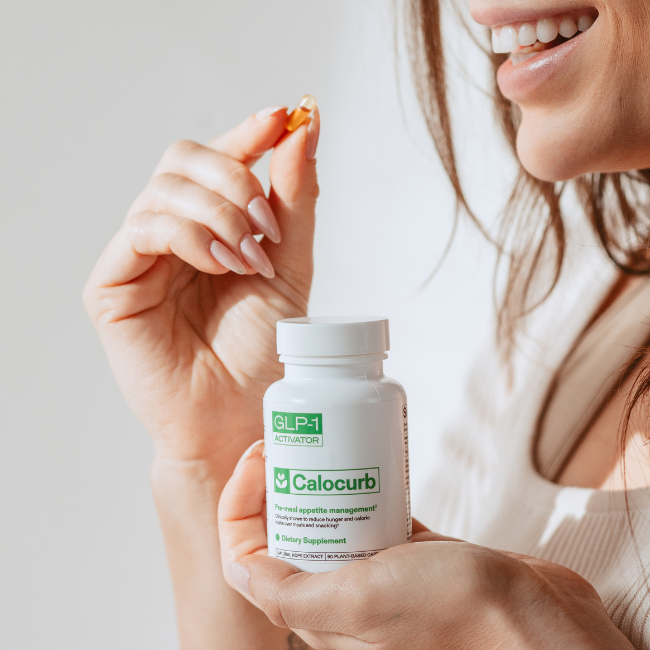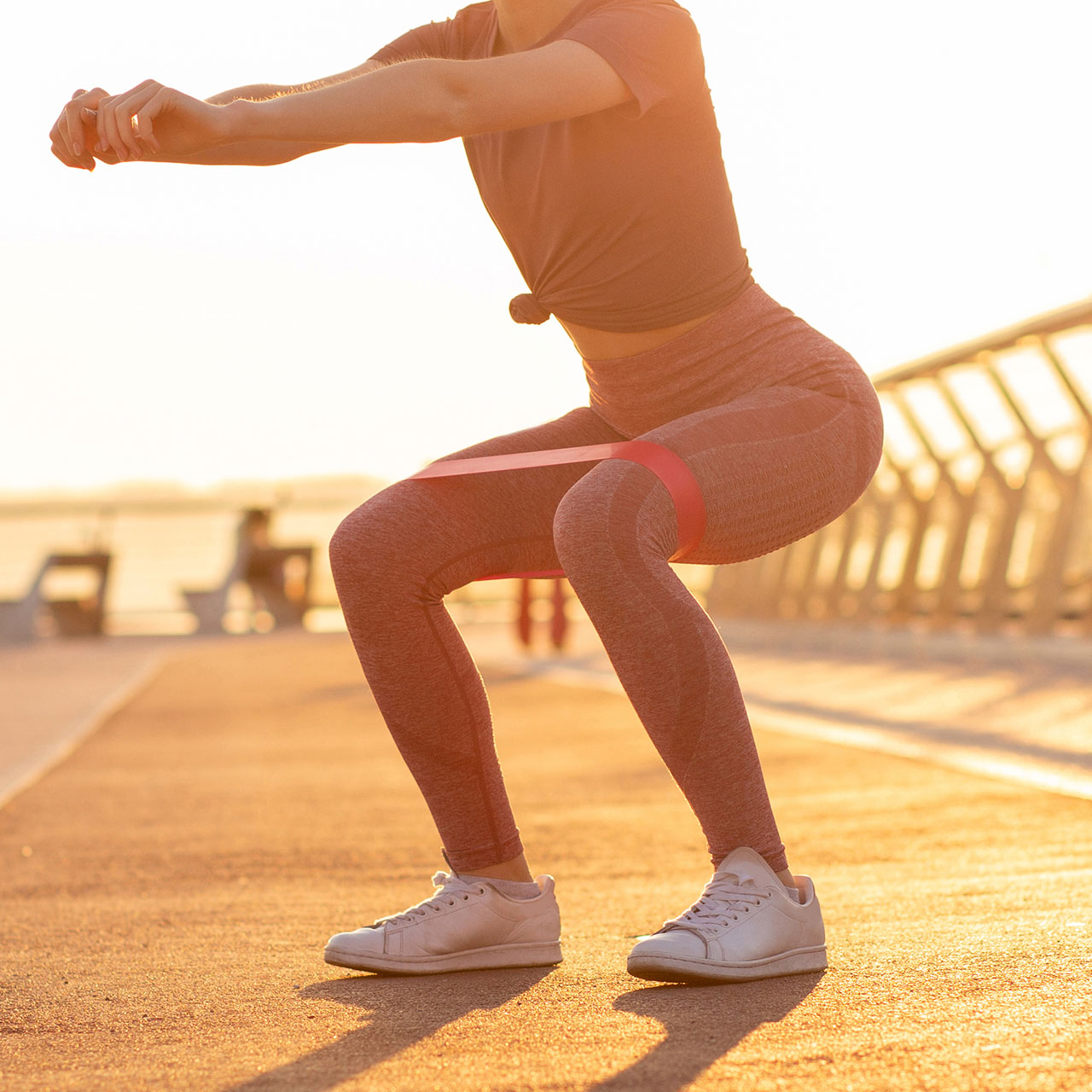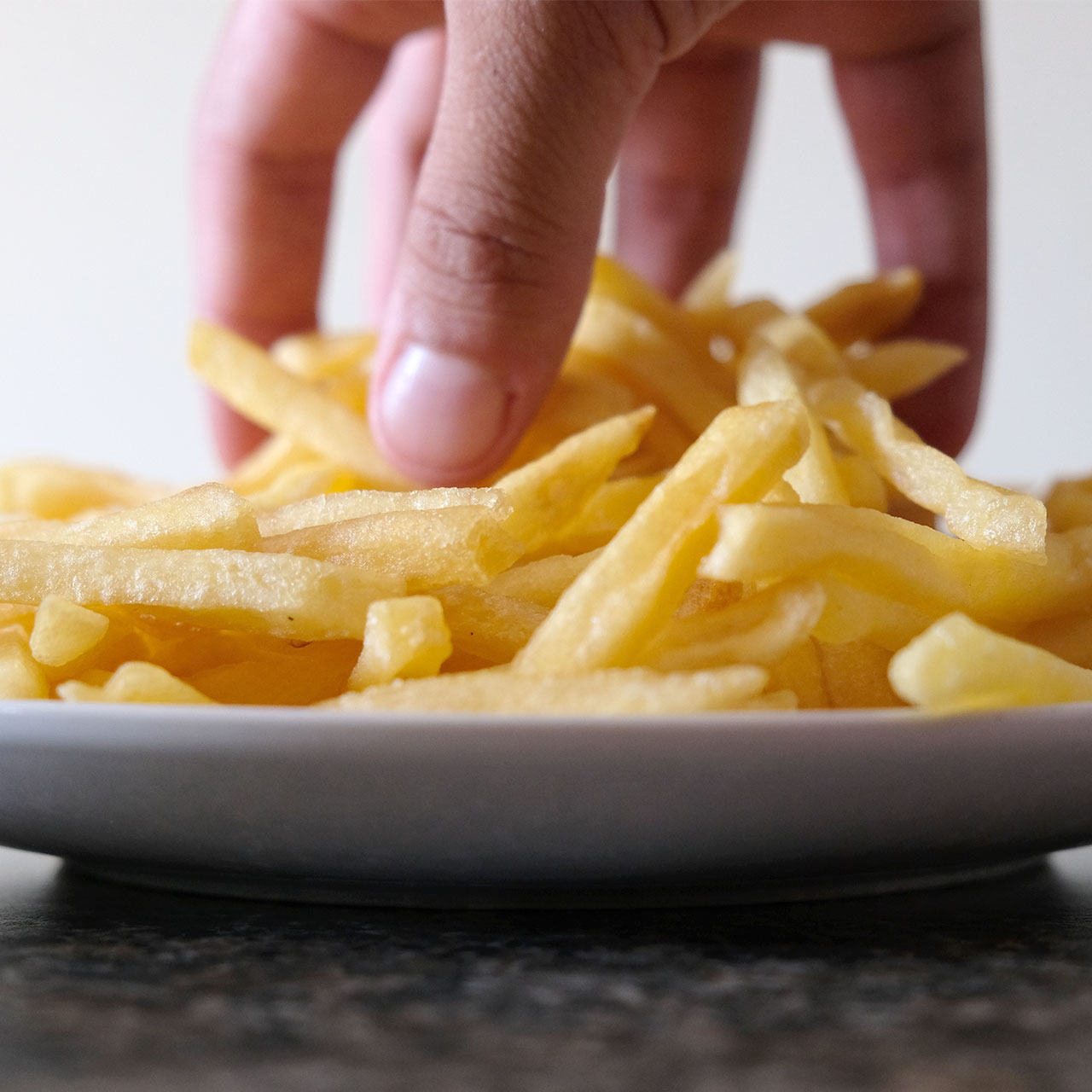This is an archived article and the information in the story may be outdated. Please check the time stamp on the story to see when it was updated last.
As stay-at-home orders are lifted and business begin to reopen in many states, the chances of a second wave of COVID-19 cases increase. Some people will not continue to practice CDC guidelines diligently, experts warn. Do not be one of those people.
We spoke to five leading health experts to learn the common mistakes you are likely to make–and how to avoid them:
READ MORE: This Is The Worst Mistake You Can Make When Picking Up Food Right Now, According To Health Experts

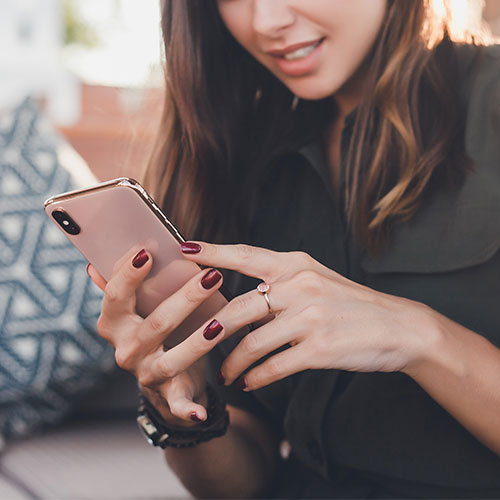
Licensed physician Leann Poston of Ikon Health: Taking your cell phone with you. "Even if you wear a mask, watch what you touch and disinfect your hands, the temptation to touch your phone is too great to touch. This leads to cross-contamination. Leave the phone in the car, run your errands, use hand sanitizer, and then use your phone."
Kris Mastrangelo, OTR/L, LNHA, MBA, of Harmony Healthcare International: Not having enough masks. "You need more than one--in fact, you need many. Start keeping at least five handy, store them in your car, bag, jacket pockets, in a basket by your door. Leaving a house without a mask is like leaving without shoes."

Aragona Giuseppe, MD, of Prescription Doctor: Forgetting hand sanitizer. "You should be washing your hands as much as possible, however, finding a toilet out and about can be really tricky. Having hand sanitizer with you on-the-go is incredibly important to ensure that you are keeping your-self clean, sanitized and ensuring all potential virus particles have been killed."
Dr. Poston: Taking too long to run errands. "Your risk for infection is based on two factors: how many viral particles are in the air and how long you are exposed to these particles. Wearing face masks hopefully decreases the number of viral particles in the air. Plan your trips ahead of time to decrease the amount of time you might be exposed."

Dr. Lee Schwartz of Pacific Vision Eye Institute: Not wearing protective eyewear. "Glasses or sunglasses can act as a protective barrier against aerosol transmission of the virus through the eyes."
Dr. Poston: Not making appointments ahead of time. "Another way to decrease the amount of time you are exposed to possible infectious people is to set appointments. Don't just show up at a restaurant or to get your hair cut."
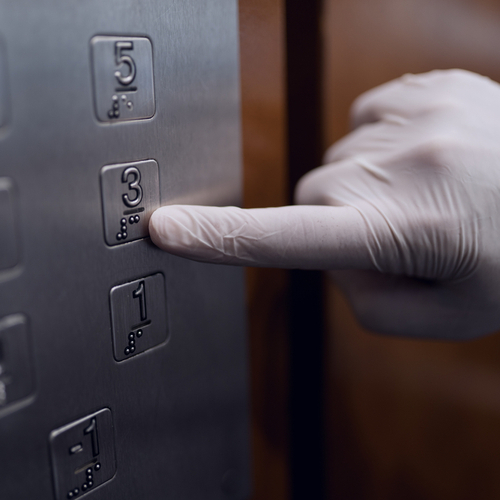
Stephen Loyd, MD, of JourneyPure: Misusing gloves. "Stop putting on gloves to go to the grocery store--and most other places for that matter. As soon as you've put your gloves on, gotten out of your car, and grabbed a shopping cart, you've already cross-contaminated surfaces and your gloves are only giving you a false sense of protection."
Dr. Poston: Using cash. "It always has germs on it, now we are even more aware of this."







